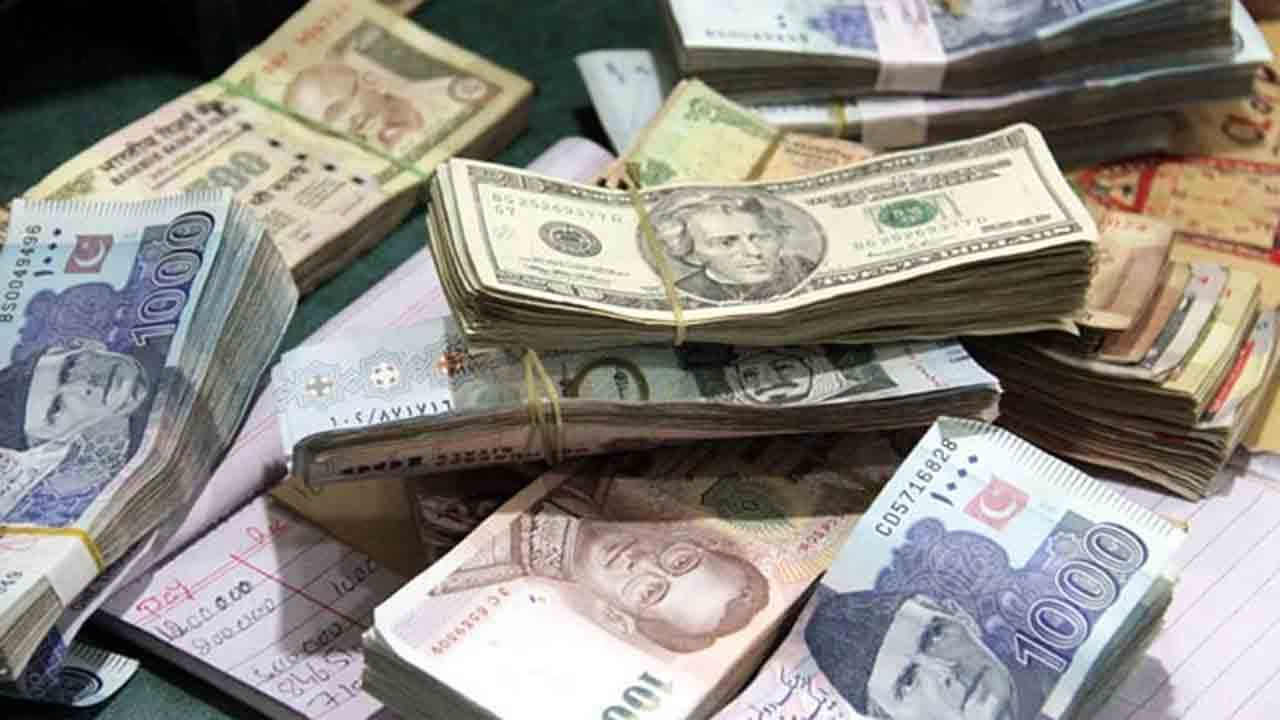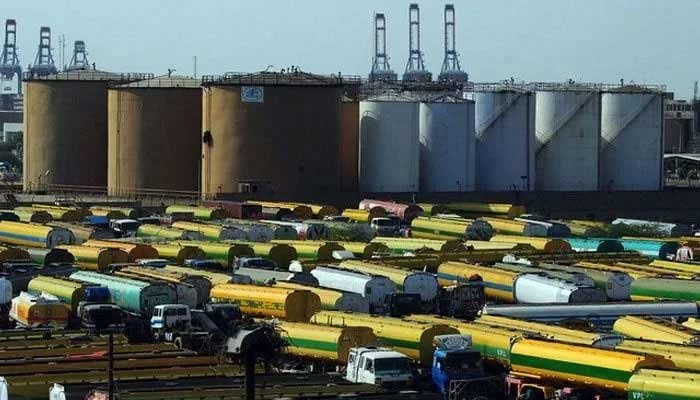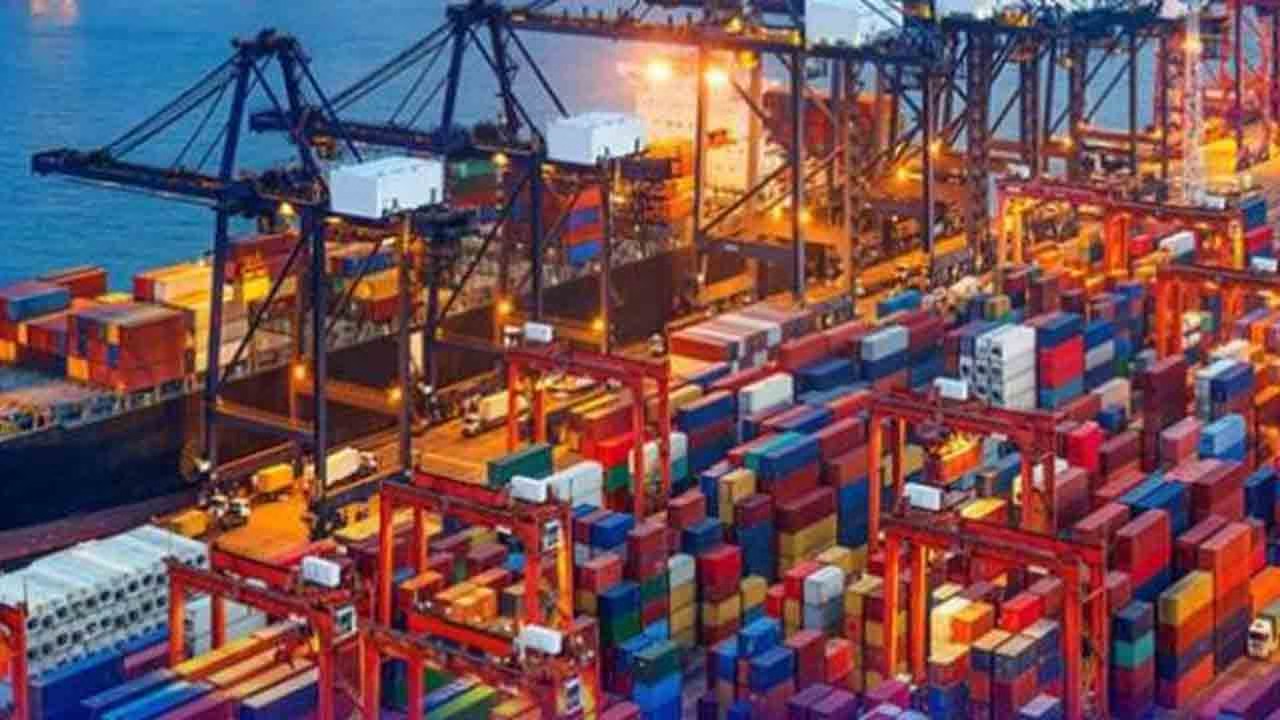The State Bank of Pakistan (SBP) has released its latest weekly data on the country’s foreign exchange reserves, revealing a positive increase in reserves. During the week ending November 8, 2024, government foreign exchange reserves saw a rise of $8.4 million, bringing the total to an impressive $11.258 billion. This growth highlights the government’s efforts to stabilize the economy and maintain sufficient reserves amidst ongoing economic challenges. The report, however, also indicates a decrease in commercial bank reserves, adding a nuanced perspective to Pakistan’s overall reserve position.
Breakdown of Foreign Exchange Reserves
The latest report from the State Bank shows that, while the government’s reserves experienced an increase, commercial banks saw a dip in their reserve levels. Specifically, the reserves of commercial banks declined by $50 million, settling at $4.7069 billion. Despite this decrease, the overall foreign exchange reserves for the country recorded a net increase of $33.7 million over the last week.
This growth in government reserves, coupled with a slight decline in commercial bank holdings, underscores Pakistan’s efforts to build up its financial defenses and manage international financial obligations. Strong foreign exchange reserves are essential for managing imports, stabilizing the currency, and building confidence among investors and international stakeholders.
The Importance of Rising Foreign Exchange Reserves
Foreign exchange reserves play a pivotal role in maintaining a country’s economic stability, especially for a developing nation like Pakistan that is heavily dependent on imports for energy and essential goods. By building up reserves, Pakistan strengthens its capacity to manage external shocks, such as fluctuations in oil prices, currency depreciation, or other global economic pressures.
An increase in reserves can also positively impact the value of the Pakistani rupee by enhancing market confidence in the country’s ability to meet its debt obligations. Strong reserves reduce dependency on external borrowing and signal fiscal prudence, which can help attract foreign investment and encourage remittances from overseas Pakistanis, further bolstering reserves.
Commercial Banks’ Decline in Reserves: A Closer Look
The drop in reserves held by commercial banks, which declined by $50 million, is a noteworthy factor within the weekly data report. While government reserves rose, this decline in commercial bank reserves could reflect increased foreign currency withdrawals or conversions by account holders. It might also indicate currency fluctuations and financial adjustments by banks to meet their obligations.
Commercial banks play a vital role in managing foreign currency liquidity within the domestic economy. Their reserve levels can fluctuate based on customer demand for foreign currency, business transactions, and other financial activities. While this dip in commercial bank reserves does not represent a significant risk, it reflects ongoing economic activity and demand for foreign exchange within the commercial banking sector.
Government’s Measures to Boost Foreign Exchange Reserves
In recent months, the government of Pakistan has been implementing policies aimed at bolstering foreign exchange reserves and ensuring economic resilience. These measures include encouraging exports, promoting remittances, managing imports, and seeking international support through loans and foreign aid. Additionally, foreign direct investment (FDI) initiatives and trade partnerships aim to increase inflows of foreign currency, which can further improve reserve levels.
The State Bank has also been actively monitoring exchange rate stability and foreign reserve levels, balancing monetary policy with exchange rate management to mitigate inflation and strengthen the rupee. These efforts have contributed to the recent rise in government reserves, which is an encouraging sign for Pakistan’s economic stability.
Why Reserves Matter for Economic Stability
Maintaining an adequate level of foreign exchange reserves is essential for Pakistan to manage its financial commitments, particularly with respect to imports, debt servicing, and maintaining currency stability. Reserves act as a buffer against external economic pressures, allowing the government and central bank to manage fluctuations in currency value and protect the economy from potential crises.
For Pakistan, where trade deficits and external debts remain challenging, healthy reserves enable the government to address financial demands without excessive borrowing. A stable reserve level also contributes to favorable ratings from international credit agencies, which can reduce borrowing costs for the country and improve its access to international financial markets.
Outlook for Foreign Exchange Reserves
While the increase in government reserves is a positive indicator, continued efforts are required to maintain and grow reserve levels sustainably. The State Bank and the government are expected to prioritize measures that encourage remittances, boost exports, and attract foreign investment, all of which are crucial for a stable and growing reserve base.
As global economic conditions continue to shift, Pakistan’s reserve levels may experience fluctuations. However, the government’s focus on sustainable economic policies, foreign investments, and fiscal management will play a significant role in achieving long-term stability.
A Step in the Right Direction
The latest data from the State Bank of Pakistan, highlighting an overall increase of $33.7 million in foreign exchange reserves, marks a positive step toward economic stability. With government reserves rising to over $11 billion, the country is on a steady path to building a stronger financial position. The slight decline in commercial bank reserves indicates ongoing financial activity within the economy, but it does not overshadow the overall improvement in reserves.
This growth in reserves is a testament to the government’s ongoing efforts to stabilize the economy, manage foreign currency flows, and strengthen the country’s financial footing. By maintaining robust reserves, Pakistan can continue to safeguard its economy against external pressures, build investor confidence, and pave the way for sustainable growth.



